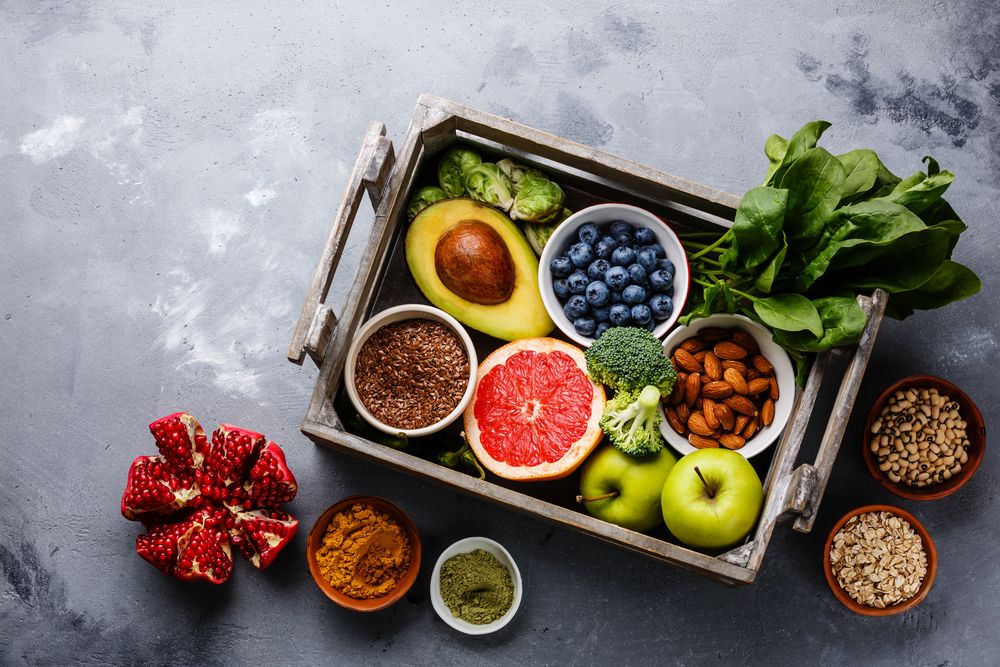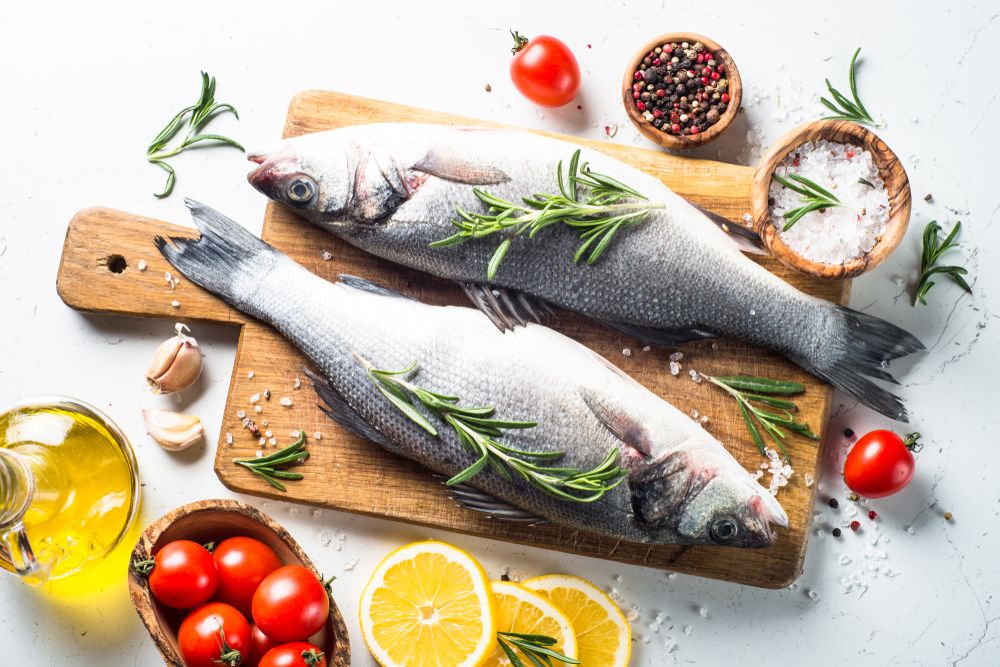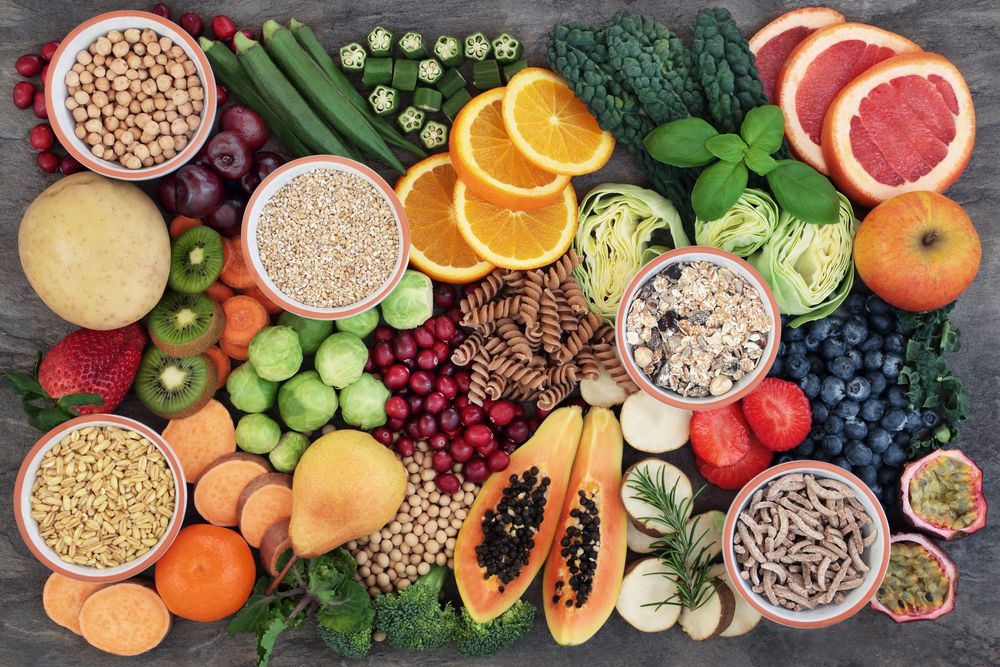Imagine discovering a path to exceptional health, weight loss, and longevity. It's a compelling prospect, isn't it? Today, we're excited to introduce you to the Okinawa diet and its potential to enhance your lifespan.
In conversation with Karin Evans, PhD, RD, CHES, from Top Nutrition Coaching, an expert in various aspects of nutrition including eating disorders, body image, women's health, and overall wellness, we delve into the Okinawa diet and its advantages. Evans sheds light on the significance of nutrition in combating chronic diseases, which are a leading cause of mortality in the U.S. She emphasizes that extensive research indicates the pivotal role of dietary patterns in disease prevention and longevity.
For numerous compelling reasons, maintaining a nourishing diet and lifestyle tailored to your needs is crucial. The Okinawa diet stands out as an exceptional option. Stay tuned to delve deeper into its benefits.
Okinawans are known for their longevity.

If you're familiar with the concept of Blue Zones, Okinawa, Japan likely rings a bell. According to the official Blue Zones website, Okinawans are renowned for their lengthy, vibrant lives. They exhibit lower rates of heart disease, cancer, and dementia compared to Americans, with Okinawan females holding the record for the longest lifespan among women worldwide.
As the saying goes, you are what you eat, and this is where the Okinawa diet comes into focus. Karin Evans elaborates, stating, "The Okinawa diet, embraced by the inhabitants of Okinawa, Japan, has been linked with robust health and longevity, with many Okinawans reaching the remarkable age of 100 and beyond." She adds, "Okinawa, Japan, shares its acclaim with other 'Blue Zone' regions around the globe, recognized for having populations with minimal chronic diseases and remarkable longevity. While various factors contribute to these outcomes, diet is acknowledged as a significant contributor."
What is the Okinawa diet all about?

The essence of the Okinawa diet lies in the consumption of high-fiber vegetables and lean proteins. Ingredients such as seaweed, root vegetables, soy-based products, and a variety of yellow and green vegetables characterize this dietary approach, resembling a vegetarian lifestyle. Remarkably, about 90% of the traditional Okinawan diet consists of whole-plant foods. Protein intake predominantly stems from local coastal fish, meat, dairy, and eggs, each contributing less than 1% to the overall diet. Saturated fats and added sugars are notably restricted in the Okinawa diet.
Furthermore, Okinawans adhere to the principle of Hara Hachi Bu, advocating that they cease eating when they are 80% satiated. Additionally, as stated on the Blue Zones website, the Okinawa diet is rich in antioxidants and possesses anti-inflammatory properties.
How can the Okinawa diet help you live longer?

Backed by scientific evidence, the Okinawa diet is renowned for its nutritional composition linked to enhanced health and longevity. It prioritizes high-fiber foods, reduces carbohydrate intake, and emphasizes plant-based and lean animal proteins in moderation.
According to Karin Evans, "The foods within this dietary framework are characterized by reduced saturated fats and increased unsaturated fats, known for their heart-protective properties." She further explains, "These foods also boast higher levels of anti-inflammatory compounds, phytonutrients, and antioxidants. By minimizing inflammation and oxidative stress, the Okinawa diet fosters healthy aging."

